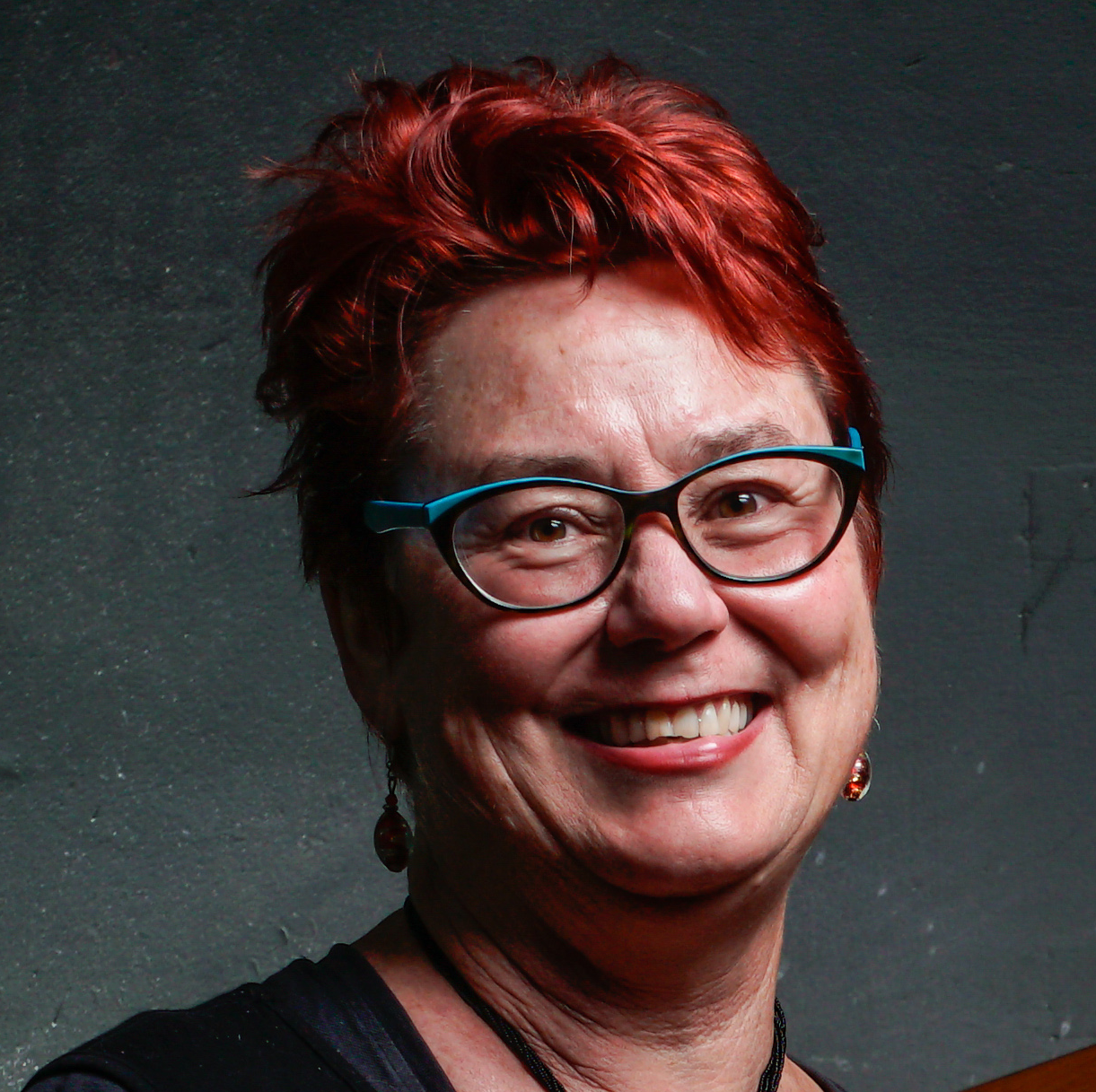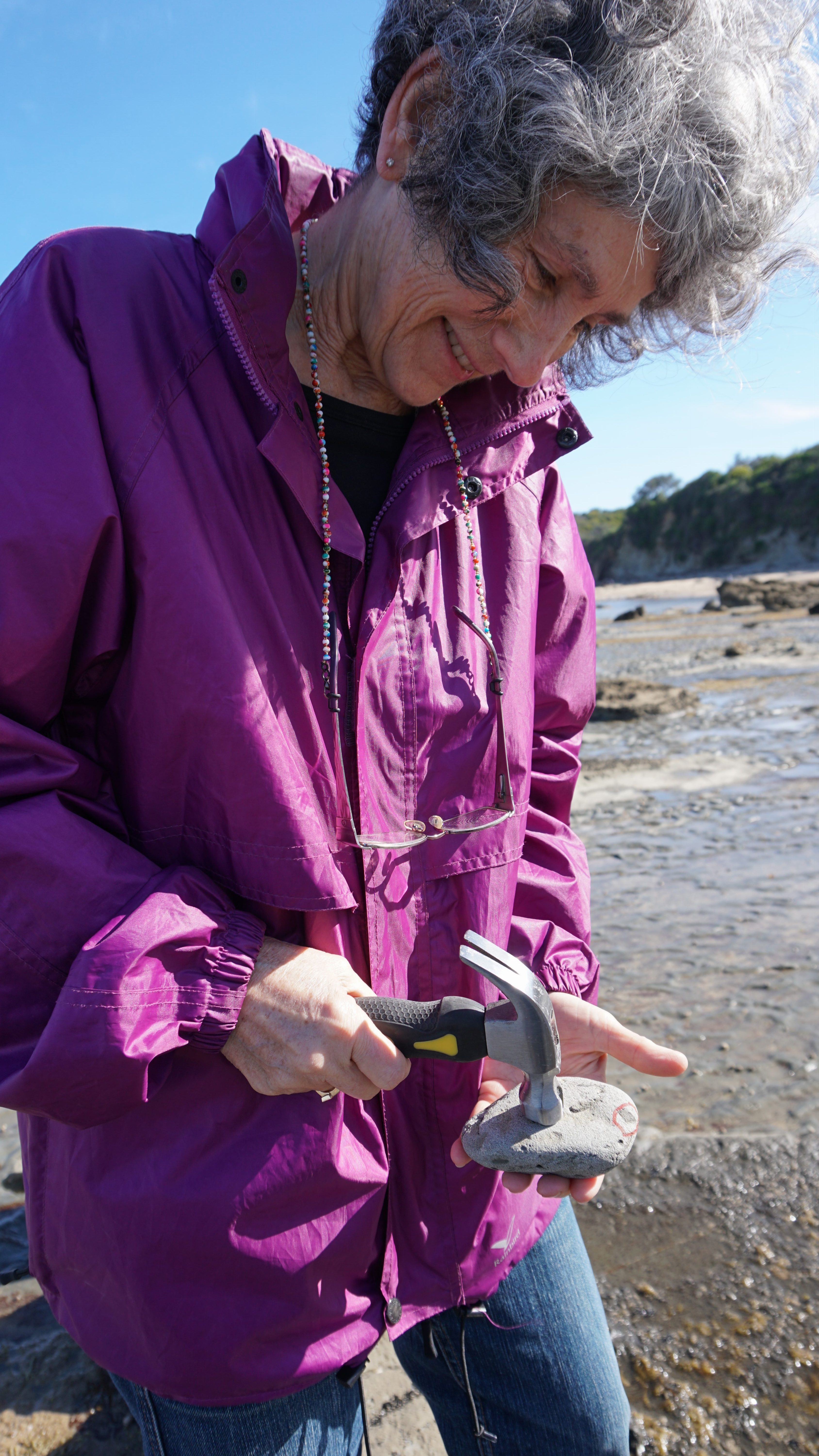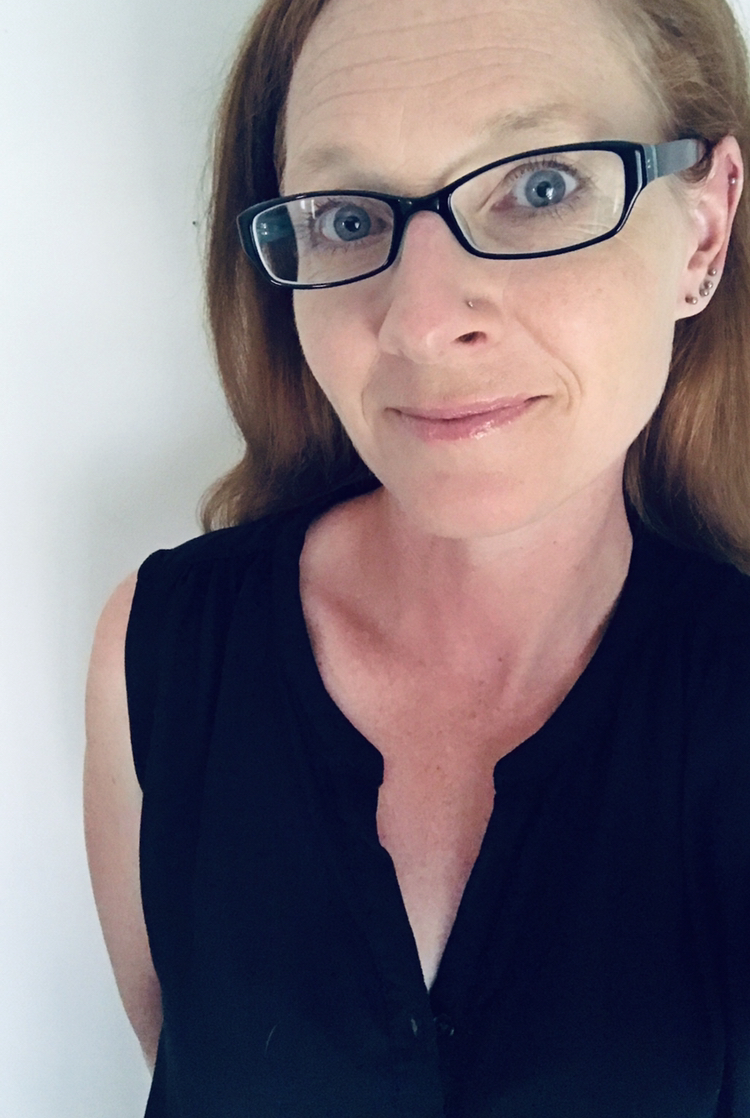 Paola Mercado – Be You
Paola Mercado – Be You
Paola is an Early Childhood Australia Consultant for Be You.
Paola has many years’ experience in the early childhood sector both as an educator in a variety of settings and as a child & family practitioner within the context of child protection. As a trained facilitator of several parenting courses Paola enjoys working collaboratively with families developing relationship based practices for children and adults.
Paola is passionate committed to a focus on prevention and early intervention strategies as alongside systemic change. These are key to laying strong foundations for positive mental health and well-being in early childhood and improving children’s life long outcomes.
Presenting: “Overview of ‘Be You’ – Our National Education Initiative”
In this workshop Paola will introduce participants to the Be You framework which aims to transform Australia’s approach to supporting children’s and young people’s mental health and wellbeing in early learning services and schools, from the early years to age 18.
Be You offers evidence-based online professional learning, complemented by a range of tools and resources that turn learning into action. Be You empowers educators and professionals, helping them to develop valuable mental health knowledge and skills. Simultaneously, Be You provides an effective model for implementing a whole of learning community approach to mental health and wellbeing.
The initiative is funded by the Department of Health and led by Beyond Blue with delivery partners Early Childhood Australia and headspace. Come and learn more about how the Be You framework can support you in improving outcomes for children, partnerships with families and resilience in educators.
Workshop 1: “Building your Professional Resilience & Your Wellbeing”
Your wellbeing matters too! As an educator or practitioner your wellbeing influences interactions and relationships with children, young people and families. It affects your ability to respond to challenging situations and your capacity to recover from stress.
In this workshop, we will focus on understanding and identifying the practices of self-care to maintain effectiveness in your role as an educator or practitioner. We will also look at how you can support others and create a collaborative approach to wellbeing to best support children and families, creating a mentally healthy community for all.
Workshop 2:- “Supporting difficult conversations using the BETLS Tool”.
In this practical workshop you will take a closer look at one of the Be You tools – BETLS. This is a template for documenting and developing a wider understanding of children’s behaviour and addressing particular concerns about mental health and wellbeing. The BETLS Tool is a comprehensive communication tool to support, guide and promote critical reflection for conversations with your team, other professionals and families. It provides an integrated approach to support children in building resilience, coping skills and strategies.
Website: https://beyou.edu.au/
 Joseph Moore – Yurrandaali Education
Joseph Moore – Yurrandaali Education

Presenting: “The Generational impacts of Australian History”
Workshop: “Engaging Aboriginal Families”
Joseph is a Kamilaroi man with a background in working with school students and communities to increase positive learning outcomes. His unique relational approach has seen many students benefit in both their academic and personal lives, and has made Joseph a sought after mentor, lecturer and researcher. He has guest-lectured at Sydney University, presented workshops at the annual Successful Learning Conference, and has been involved in research projects affiliated with Sydney University and Australian Catholic University. Joseph is the owner of Yurrandaali Education, which delivers NESA accredited professional development for teachers and support staff.
Website: https://yurrandaali.com.au/
Michelle is an autistic Australian writer, speaker, resource developer, mentor, and neurodiversity rights advocate. Michelle’s website, hellomichelleswan.com, contains articles and resources used internationally in schools and by parents and professionals. Michelle has edited two books on autism and parenting, “The Real Experts: Readings for Parents of Autistic Children” and “Respectfully Connected: Journeys in Parenting, Autism, and Neurodiversity”. She serves as a director on the boards of Autistic Families International, All Means All- the Australian Alliance for Inclusive Education, and NeuroDiversity Connect. In her local community Michelle works with autistic young people as a mentor and advocate. Around New South Wales, Michelle presents NESA accredited workshops to teachers in partnership with Yurrandaali Education. Michelle’s work in all settings focusses on self-understanding and personal development, peer support, community building and meaningful inclusion in all settings. Through centring the voices of neurodivergent people in conversations about neurodiversity, she encourages real understanding of their experiences and appropriate ways to support them. Experienced in peer support and mentoring, workshop presentation, community building and advocacy, a mother of 6 neurodivergent children, having worked in education settings, and with degrees in teaching and psychology, Michelle is uniquely experienced to share insight and support both to people in need of personal mentoring and professional learning. In her spare time, Michelle enjoys reading, gardening, practicing karate, and walking in the bush or on the beach.
Presenting and conducting workshops on: “Respectfully supporting neurodivergent children”
One of the strategies we use to identify a neurodivergent child is observing and labelling their behaviour. An ongoing challenge for professionals is to provide relevant and appropriate strategies and resources to families when parents ask for help to manage challenging behaviour in order to make life easier for their children and themselves. Michelle Swan provides insights into the experience of autistic and neurodivergent people, relating first hand experiences of sensory processing challenges, executive function issues, and the impact of social expectations on autistic people. She offers ideas, strategies and thoughts on therapies to help parents and professionals meet autistic and neurodivergent children’s needs, so that the incidence of intensity of challenging behaviour decreases and the child is well supported to live their best life.
Website: hellomichelleswan.com
 Prof. Margaret Sims
Prof. Margaret Sims
Margaret is President of Armidale Family Support and Professor of Early Childhood at the University of New England. She worked for many years in a range of community settings. She has supported young children with disabilities to be included in regular early childhood settings, young adults with visual and other disabilities to live in the community. She developed and ran a family support programme in a very disadvantaged community. She had three children, and currently has 6 grandchildren and 4 great grandchildren.
Presenting: “What does trauma look like in young children and how do we support children and families who have experienced trauma”
In this presentation I will remind us all of the kinds of experiences many of our new families to Armidale have experienced. In particular I will explore what exposure to trauma looks like in young children and the resources we can call upon to help children, and their families, learn to manage their experiences.
Workshop: “I’m not racist – am I?”
We all like to think that we are not racist – after all we know that we are all different and that difference is part of the interesting tapestry of life. However, we live and work in systems that often create barriers to inclusion without even being aware these barriers exist. In this workshop I will challenge you to think about the things you take for granted, and explore how others might experience these things differently.
 Jen Shephard
Jen Shephard
Jen is a passionate early infancy mental health advocate, working in both private and the not for profit sector. Jen holds professional membership with the Australian Association of Social Work and with Australian Association of Infant Mental Health. Jen is a registered cognitive and behavioral therapist with the NSW NDIS Commissioner, practicing in Armidale, assisting families and carers with difficult behaviors as they present in their natural environment. Play is a theme throughout her practice. Jen’s primary focus is to design programs that are child centered and focused – which provide creative solutions to help assist families and children in their everyday lives. Jen further has post graduate qualifications in Family Dispute Resolution and Child Inclusive Practitioner.
Workshop: “Trauma informed and play based therapy”
Dr Nadine Louise McCrea
Nadine grew up in the pine-treed foothills of the Sierra Nevada mountains of northern California [USA] in small Grass Valley, where quartz gold had been discovered in 1849. She moved to Australia in 1976 – over 40 years ago – to work in the early childhood education field [ECE]. Initially she was a regional preschool advisor for the Central Highlands around Ballarat, Victoria. Then her Victorian professional career involved being a Preschool Child Development Officer, Community-based Kindergarten Teacher/Director, college/university lecturer and ECE presenter and writer. For the next 11 years Nadine was an ECE senior lecturer and course coordinator of the Graduate Diploma of Educational Management at QUT, Brisbane; during this time she also completed her doctoral studies at University of Queensland. Since 1998 Nadine has lived sustainably in Armidale, NSW and worked in early childhood teacher education at UNE as Associate Professor, program director and course coordinator. Additionally, she was Faculty-level Associate Dean (Teaching & Learning) for about three years and engaged overtime in research, consultancies and writing publications. Nadine’s key professional interests have encompassed: children’s foodcycle learning and education for sustainability; ECE leadership and management; and, challenges across early childhood teacher education. Nadine retired from UNE in February, 2017.
Conducting a workshop on: “Young children’s experiential learning within cycles-of-food – – sustainable Earth values and edible-life-skills create shared food memories”
Within this workshop, Nadine will share a few hows-and-whys about foods and meals that reflect such ideas as: ‘Food is more than an apple a day’, Food is more than a four-letter word’, ‘Food-First helps with sustaining our world’, ‘Food as shared socialness’, ‘Foods with fond memories’. These thoughts/phrases fit within the current everyday reality that young children’s growth and development and their states of health and well-being are closely linked with their food encounters from infancy into early childhood.
Such vitally important daily and yet over-time ‘just eating’ events also set the scene for parents, extended families, staff in early childhood centres, and members of a broader community to also cooperative with the young while doing a wide variety of ‘beyond-just-eating’ experiences. A ‘food living and learning cycle’ can frame these experiences; it has 6-points or steps: producing, processing, purchasing, preparing, partaking, processing wastes – – and each can be enacted via a sustainable lens.
During this workshop, participants will recall and record their childhood food-experience memories; they will consider and share their cycles-of-food hopes and dreams for today’s young children. The workshop group will: discuss the value of reading food-related children’s literature; research edible-life-skills and explore how to use picto-recipes that require different hand-skills with young not-yet-readers; and, identify ways of engaging children in refusing and repurposing everything related our contemporary, everyday food events.

